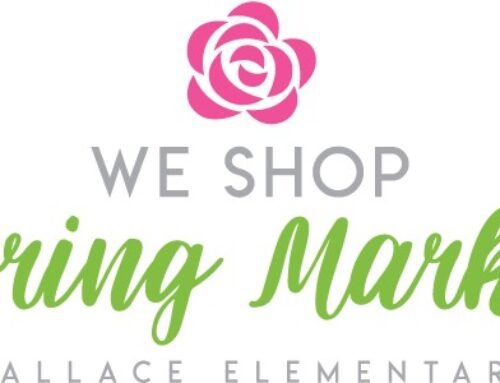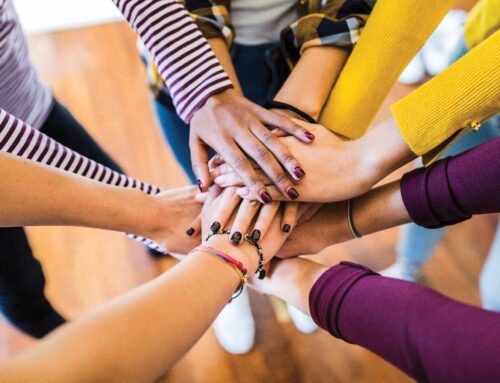Madeleine Ball has science down to a , well, science. The 14-year-old Lake Highlands resident won “Best of Fair” at this year’s ExxonMobil Texas Science and Engineering Fair with a project that could help manage outbreaks of West Nile virus and other diseases carried by mosquitoes.
Making a science fair project was a requirement for Ball’s eighth-grade science class at St. John’s Episcopal School. In June 2006, before school had even started, she came up with the idea. Ball has a large aquarium in her home and was familiar with a small crustacean called a copepod that lives in most water sources. As she was looking through articles online, she found one saying that copepods may be able to control the mosquito population.
“This idea was really interesting and has really good applications,” she says. “Mosquitoes are a big threat to everyone.”
She told her science teacher, Toni Herrin, about it and got started that summer.
“She loves science and is really good at it,” Herrin says. “Even before I had her in class, she came to me and said, ‘I have this idea, and I want to get started before school starts in September.’”
Ball finished her project, called “Coping with Copepods,” in January and won her school’s science fair. She advanced to the regional competition and then on to the state science fair. At each fair, Ball had to explain her project to the judges. The key, she says, is to act confident and try to give as much information as possible in a short amount of time.
“The No. 1 thing they judge you on is how well you present your project,” she says. “It weeds out the people whose parents did their projects for them.”
With her big win, Ball was invited to present her project at a science fair in Durban, South Africa later this year. Though she’s not sure if she’s going, she says her project could be useful there.
“There are lots of applications in Africa since they have a problem with malaria and other mosquito-borne diseases,” she says.
In the future, Ball says she wants to continue to use science to improve the lives of others.
“I don’t think there’s a reason to do something if it doesn’t help people,” she says.
With that philosophy in mind, she sasy she wants to be a neurologist when she grows up. She wants a job that will make a difference.
“If you’re a banker, you can help people in your own way,” she says. “But I want to do something that helps more directly. I want to save lives.”





